Welcome to the PLAN-B European Project
Tackling
noise and light pollution
for a Sustainable
Tomorrow
The Path Towards Addressing Adverse Impacts of Light and Noise Pollution on Terrestrial Biodiversity and Ecosystems
Key outputs of PLAN-B
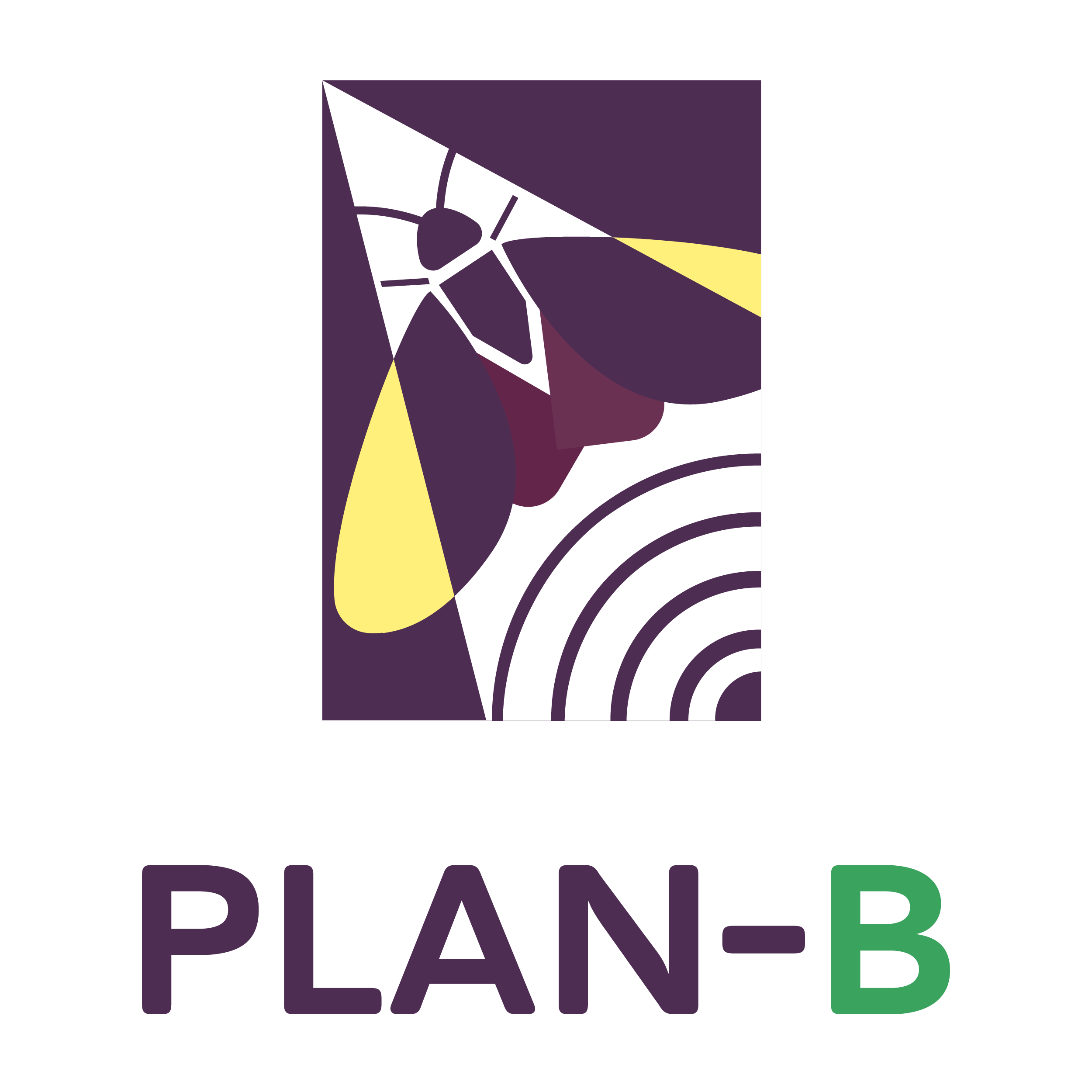
PLAN-B will create the enabling conditions to support and enhance activities planned in the EU biodiversity strategy and provide a new path towards meeting the EU and international biodiversity targets.
An Innovative Framework
A framework and supporting handbook for assessing light and noise pollution impacts to inform environmental decision-making
A Pollution Database
New Scientific Models
Innovative Pollution Solutions
Legal & Policy frameworks
Recommendations for enhancing legal and policy frameworks to reduce light and noise pollution impacts on terrestrial biodiversity
Communities of Practice (CoPs)
![[plan-b]_lights](https://plan-b-project.eu/wp-content/uploads/2024/02/plan-b_lights.jpg)
An alternative plan is required to achieve the the EU’s 2030 biodiversity target. PLAN-B takes an integrated, multidisciplinary and multi-actor approach to deliver better understanding and support reduction of light and noise pollution impacts on terrestrial biodiversity and ecosystem services.
The PLAN-B Project areas of work
![[PLAN-B]noise_pollution_4](https://plan-b-project.eu/wp-content/uploads/2024/02/PLAN-Bnoise_pollution_4.jpg)
Noise Pollution
![[PLAN-B]biodiversity_1](https://plan-b-project.eu/wp-content/uploads/2024/02/PLAN-Bbiodiversity_1.jpg)
Biodiversity
![[PLAN-B]light_pollution_1](https://plan-b-project.eu/wp-content/uploads/2024/02/PLAN-Blight_pollution_1.jpg)
Light Pollution
Noise pollution
Biodiversity
Light pollution
Ecosystem services
Outreach & Impact
Combined effects
Prevention & Mitigation

The Path Towards Addressing Adverse Impacts of Light and Noise Pollution on Terrestrial Biodiversity and Ecosystems
The PLAN-B Project Blog
PLAN-B in the On Light o’ clock Podcast
Karolina Zielińska-Dąbkowska, researcher from Gdansk Tech and one of our PLAN-B Researchers and work package leaders, has recently participated in the On Light o’ clock Podcast to share her scientific insights to tackle the effects of light pollution. On Light o’...
PLAN-B Research in Split: Raúl Pérez Parras Presents Key Advances in Automated Georeferencing of Nighttime ISS Images
The PLAN-B project continues to expand its horizons and strengthen its international presence. Last week, our colleague Raúl represented the team at the 10th SPLIT REMOTE SENSING HANDS-ON PROFESSIONAL SUMMER SCHOOL, held in Split (Croatia), a leading event in the...
Citizen science illuminates the nature of city lights
A new article has been published in Nature cities by Team Nachtlichter describing the use of citizen science methodologies for monitoring light pollution across Germany, Team Nachtlichter. Citizen science illuminates the nature of city lights. Nat Cities 2, 496–505...
PLAN-B present In the Forum Acusticum–Euronoise 2025
Researchers of the University og Ghent, member of the PLAN-B consortium, have presented part of their research in the Forum Acusticum / Euronoise 2025, that took place in Málaga (Spain), from 23rd to 26th of June, 2025. The Forum Acusticum / Euronoise 2025, the 11th...
[Report] Recommendations for Large-Scale Monitoring of Artificial Light At Night
A new report about ALAN (Artificial Light At Night) has been published by one of our consortium members researchers, Alejandro Sánchez De MIguel. Abstract Artificial light at night (ALAN) has become a widespread pollutant with profound ecological, cultural, and...
[Policy brief] Restoring the Night: A Policy Agenda for Light Pollution Mitigation in Europe
A new policy brief, Restoring the Night: A Policy Agenda for Light Pollution Mitigation in Europe, has been officially released by the PLAN-B project, in close collaboration with its sister project AquaPLAN. This document builds on the momentum of the European Light...
Let’s get in touch!
Get involved in PLAN-B!
Communities of Practice
A CoP is a group of people who share a concern or a passion for something they do and learn how to do it better as they interact regularly.
Local communities -including public authorities, private companies generating light and noise pollution, local researchers and NGOs and citizens- will work together to monitorize the light and noise pollution in their local areas.
Local biodiversity monitoring programmes will be invited to work with these communities of Practice, share their knowledge and improve their practices related wit noise and light pollution.
Four regions will host these Communities of Practice: Germany, Poland, Brazil and Spain. Stay tuned if you want to take part in thes communities during the project.
Meet our consortium
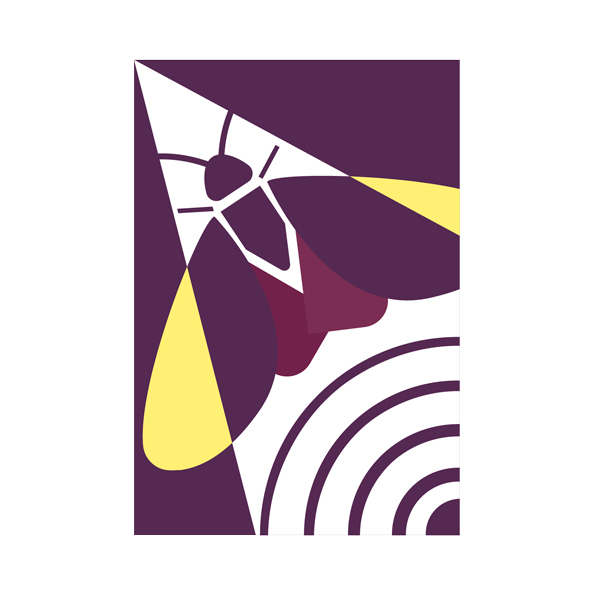
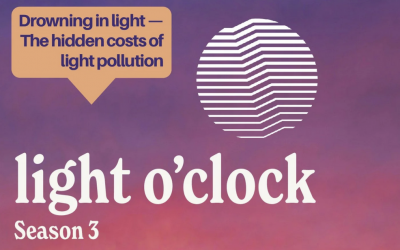
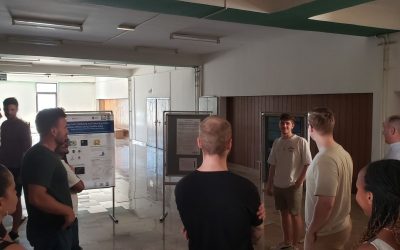
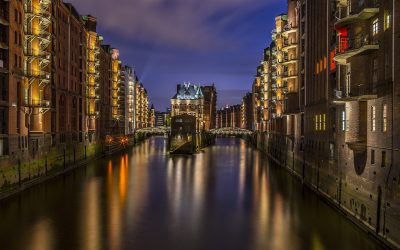
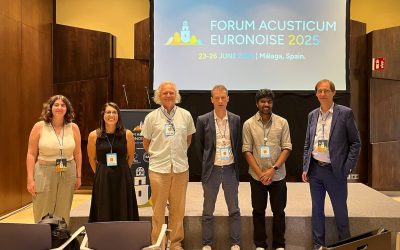
![[Report] Recommendations for Large-Scale Monitoring of Artificial Light At Night](https://plan-b-project.eu/wp-content/uploads/2025/05/Night-time_light_emissions_during_blackout_in_Spain_and_Portugal_pillars-400x250.gif)
![[Policy brief] Restoring the Night: A Policy Agenda for Light Pollution Mitigation in Europe](https://plan-b-project.eu/wp-content/uploads/2025/06/PLAN-BRestoring-The-Night_1-400x250.jpg)
![[PLAN-B]-LOGOS](https://plan-b-project.eu/wp-content/uploads/2024/02/PLAN-B-LOGOS.jpg)